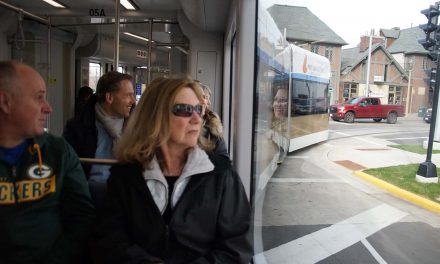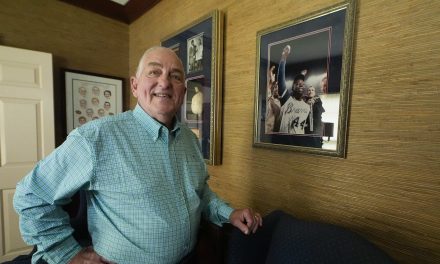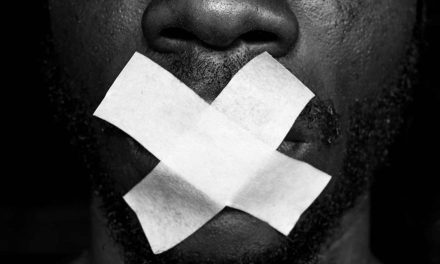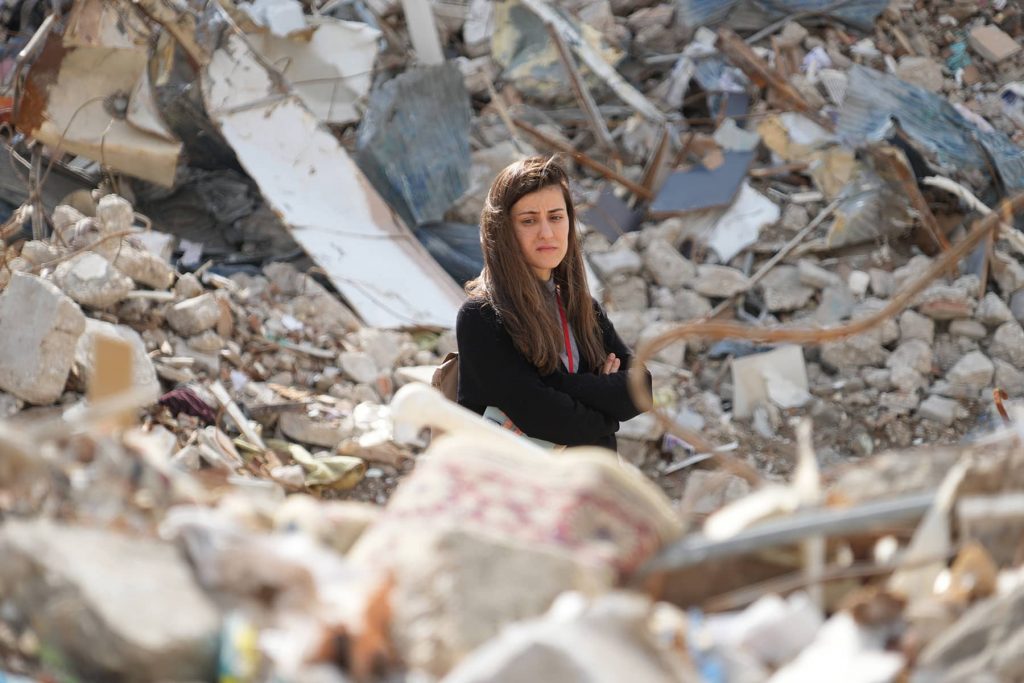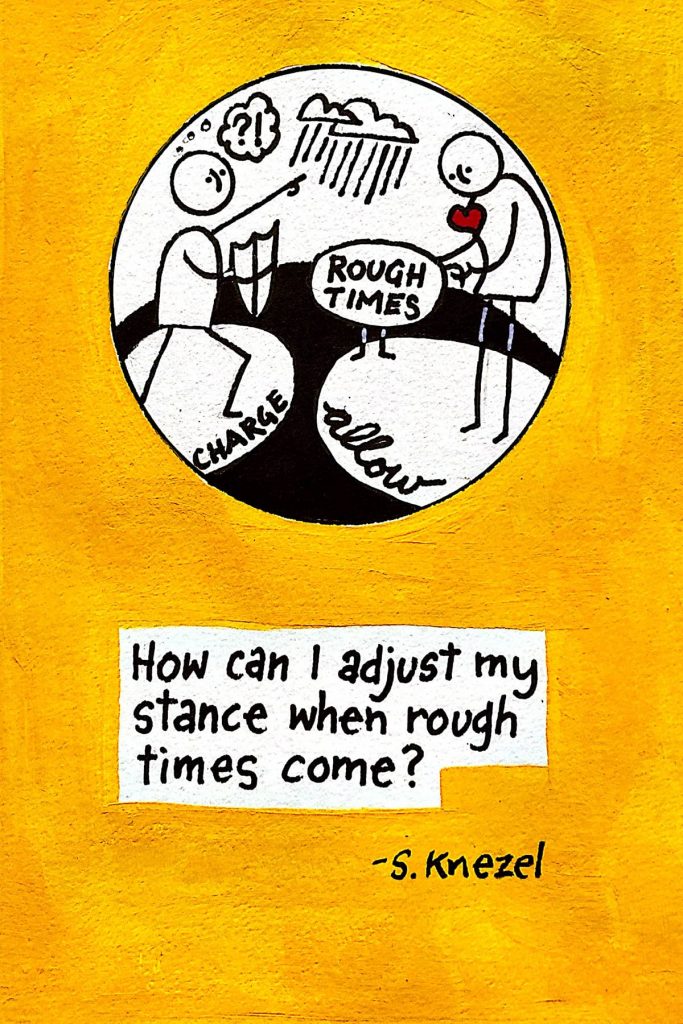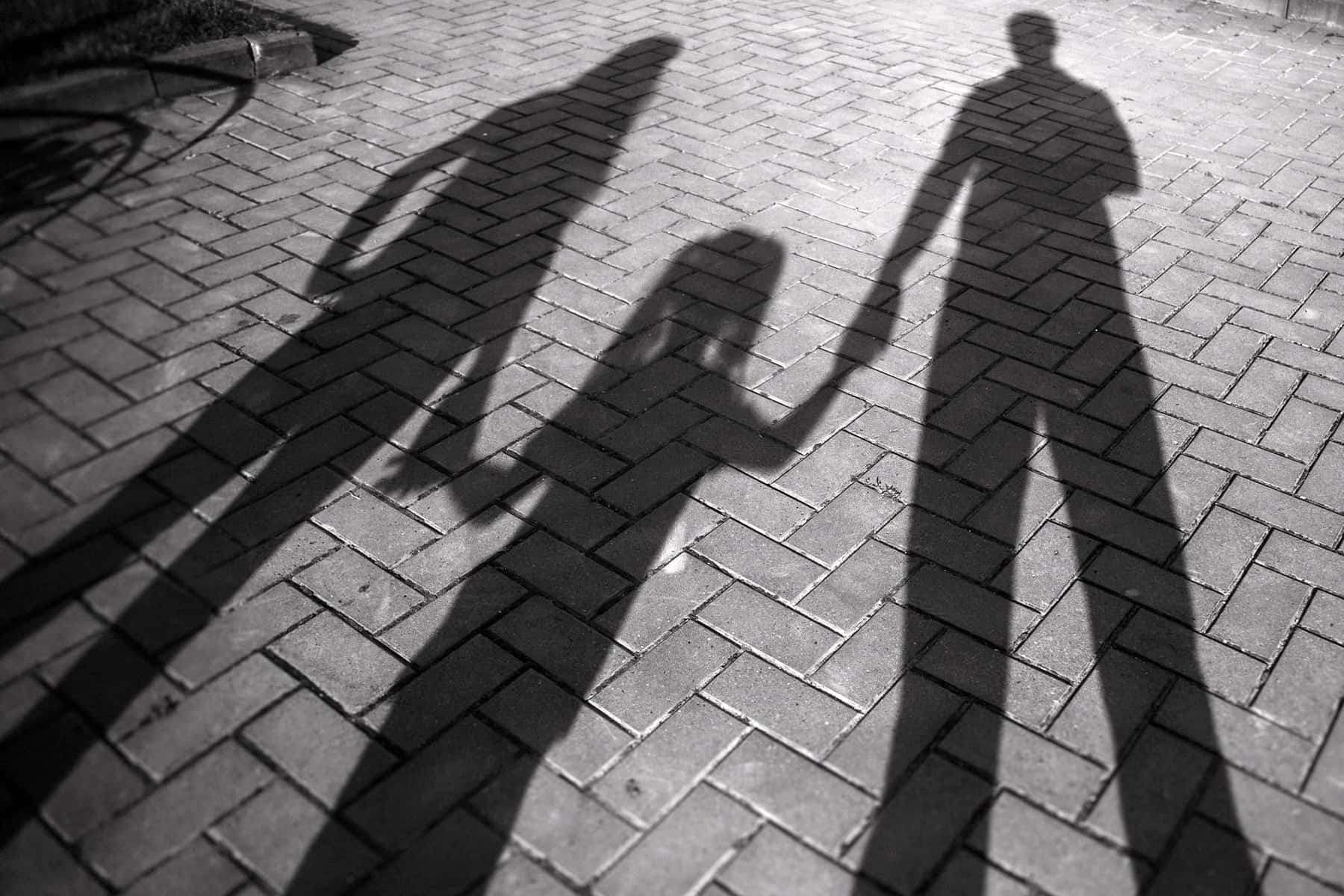
And just like that, it was time to have “the talk” with my daughter.
Seems like only yesterday she said her first words. Not too long ago when she took her first steps. And just a few years since she rode her bike unsteadily as I ran behind her. They grow up so fast don’t they?
If we’re lucky.
This talk was not about the birds and the bees. That talks is patiently waiting in the wings. This talk was a far more challenging one, and one my wife and I hoped would never come. But, this is America, and more times than not, hope alone is not enough to keep away the inevitable.
As a psychologist I thought the talk would be easy. Then again, I realized that this is a talk my parents never had with me, or any of my siblings. And this is a talk that few have been trained, or are prepared to give.
Despite this, I knelt down beside her bed and began.
“School is cancelled for the day…” I told her. Excitedly, she asked if it was a snow day. But the rationale provided was not such a joyous one. To the contrary, myself, along with hundreds of other parents in this small Wisconsin village were stringing words together to explain that today, and all those that followed, would be different.
I said something along the lines of, “There’s no school today because a student threatened the lives of other children.” It was some iteration thereof, but the gist of it was that out of an abundance of caution all classes were cancelled.
An abundance of caution.
An eloquently sanitized way of saying, “We’re concerned that someone could come to your school and murder children, educators and administrators.” Abundance of caution implying that it’s reasonable to assume that it could happen. Regardless of how it is framed, whether watered down or raw, the talk more and more parents and caregivers are having with their children is that you are not as safe as you thought you were. And that even with an abundance of caution, tragedy can strike at any moment.
My words that morning were tempered by a need to protect her, but also not shatter the illusions a child should still have about their school, their country and, most of all, their safety and the value others place on their lives.
The times, they have changed.
Back in the day, for me, the biggest concern in elementary school was whether or not it’d be dodgeball or kickball in gym class on Friday. Now, the unspoken concern for a growing number of children is whether or not that “pop” heard in the hallway is a textbook falling on the floor, or the first of many pops to follow.
The talk did not reference the 17 students massacred at Parkland, the 20 six- and seven-year-olds killed in Newtown, the three young women in Paducah, or the 12 high schoolers in Columbine. It did not mention the countless teachers and administrators killed, or the numerous wounded, too many to mention, none of whom should ever be forgotten.
Times have changed and one wonders if we have as well.
The talk did not reference the fickle nature of the media. Cameras on school grounds the next day, interviewing students about the “close call.” Confirming a newly modified journalistic credo that, “If it almost bleeds, it still leads.” Media there with on-camera compassion that dims once the red REC light fades and the camera is back in the van. The talk avoided explaining how the same politicians who toss candy to kids at the Fourth of July parade may end up dismissing their safety when the time comes to vote on meaningful action.
I want to tell her so much, want to prepare her for all of this, but I realize that now is not the time. I’m reluctant to impose my cynicism on her, knowing that we are raising an informed child whose lived experience will differ from ours. Instead, I wanted to give her room to breathe, and still reside in optimism.
In our village in the days that followed, in homes, classrooms and a high school auditorium, we had difficult discussions about the threat. Social media, community conversations and sidewalk debriefs. All well intentioned, filled with compassion and concern, each striving to reassure and calm the fears of our children and their families.
The community was comforted by the rapid response, clear communication and receptivity from its educational leaders. Like so many parents, they too had never had to have the talk. No doubt they had been prepared, but having the talk, an actual talk, is different. Different when it’s your own colleagues, in your own classroom or with your own children. Their efforts were valiant, but like those parents navigating this talk, something never done before, that may not be enough.
Thankfully, the children were spared. But we must be humble and recognize that it may not have been due to the regularly scheduled drills, crisis preparedness and schoolwide awareness of such risks. No, they were likely spared through chance, dumb luck and the happenstance plan of a disorganized and misguided 14-year-old.
I take no comfort in this.
But even amidst such an honest and, yes, somewhat jaded appraisal of what transpired, I find solace in realizing that more and more parents are having this talk with candor and honest reflection. By courageously wading through this uncertainty and surveying the landscape we have created for our children, we open ourselves up to deeper growth and an understanding of what our children are facing. An honest look, revealing that this is a landscape dotted with intermittent, but painful casualties, time-limited platitudes of support, and lasting trauma felt by the lives of those we’ve lost, those who have survived and the ones simply wanting to make it to the next class.
Adults in the room, finally acknowledging their limitations and flaws, expediting a child’s eventual acceptance that their parents are not perfect, politicians not always heroes and laws not always just.
In the interim, however, there will no doubt be more losses. Losses followed by community conversations, talk of bullet-proof backpacks, determining which desk to push against the door and teaching kids to run zig zag down the hallway. Hugs, hand wringing and an eventual systemic shoulder shrug.
Adults across this country have meant well, but it has not been enough.
My hope is that as our children traverse through high school and into adulthood, they will see their parents and the adults in the room for who we are. Well intentioned and loving, but still part of a national cohort who falsely believed there was nothing they could do. Participants in a decades-long moral shift in our nation’s psyche where the deaths of children were normalized and ultimately accepted. Them seeing us this way is not condemnation, but a realization that the older generations may not have the answers and, quite possibly, the willpower and imagination to change the world.
Such a realization, while unsettling, can also be empowering to the ones who matter most. Giving them license and latitude to convene the next talk. A talk where they offer us a seat at the table. A talk no longer lead by the current generation of adults in the room, but by the next. Children having grown up in this system where the innocence of childhood was marked by trauma, while still retaining their creativity, passion and a love of life. Adults given a seat at the table as our future holds court. Their rules of order, their vision. One where a new conversation ensues, a talk about what to do next. A talk that stresses the value of life and one’s right to live in comfort, not fear. And a talk where parents, educators and politicians alike put their hands on the desk, pay close attention and commit to doing one thing, and one thing only.
Listen.


